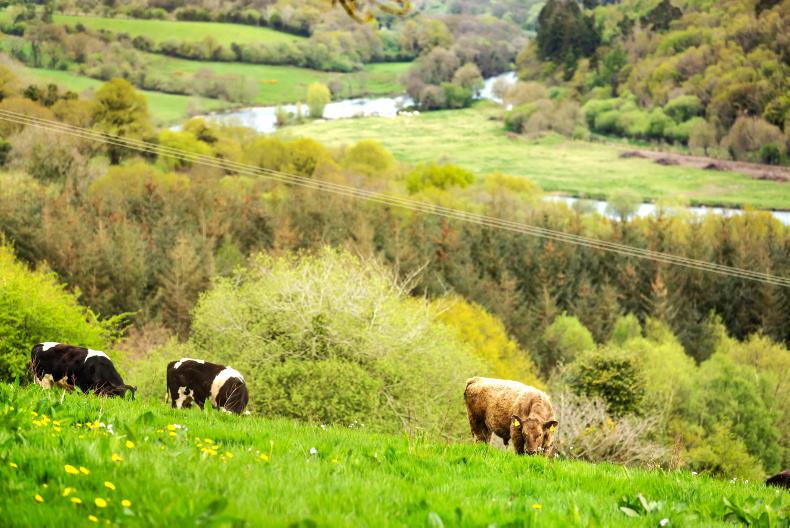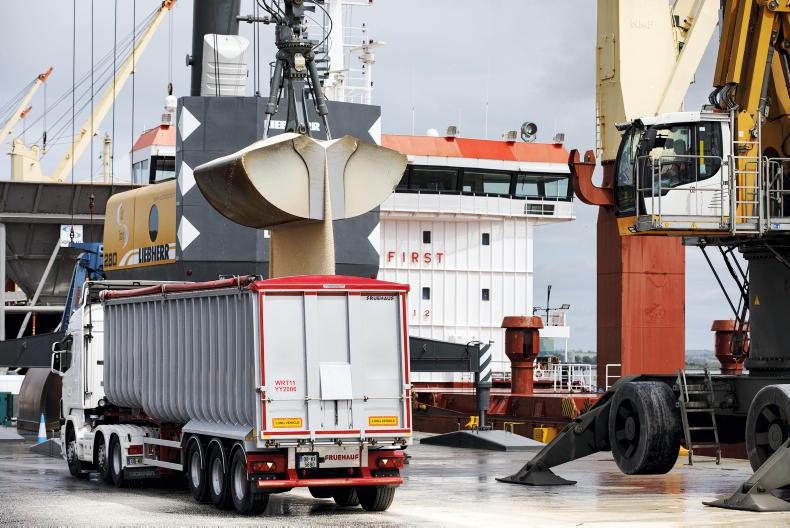Ireland’s case to retain the nitrates derogation beyond 2025 will depend on progress being made by all farmers to improve water quality, not just those farming in derogation, according to the Environmental Protection Agency (EPA).
Farming’s impact on water quality is an issue for all areas of the country, even though these impacts may differ, senior EPA catchment scientist Jenny Deakin told the Oireachtas environment committee on Tuesday.
“We have water quality issues from agriculture right across the country for different reasons in different places, different soil types, different nutrient, pesticides, the whole works,” Deakin said.
“Water quality is not only within the remit of the derogation farmers to fix, it is an issue for the whole sector.
“And there is no doubt that when it comes to two years’ time, in the next nitrates action programme, it will be the whole picture that Ireland is judged upon, not just one bit or the other.”
Derogation cut time lag
Director of the EPA’s office of evidence and assessment Dr Eimear Cotter stated that the impact the derogation stocking rate drop to 220kg of organic N/ha for most parts of the country from 2024 is unknown.
It is not until samples are taken and analysed from water bodies in 220kg N/ha zones that this impact will be seen and, even then, there could be a lag between the change coming into force and any improvements being seen.
“We can’t see into the future. What we are doing is monitoring what’s happening in water quality now,” Cotter commented to the committee.
“We can’t say really, we haven’t done detailed modelling of the impact as you’re asking into the future."
She added this lag time is typically about a year in duration.
Farming’s impact
The committee heard from Cotter that farming has the single largest impact on water quality of any sector or activity.
Then comes changes to water flow and forestry, with discharges from urban waste water treatment plants coming in at fourth, according to the EPA, despite some 26 towns and villages still allowing untreated sewage to flow into waterways.
Cotter claimed that the EPA has not “shied away from calling that [wastewater treatment] out when we need to”.
She said that the EPA’s data shows that only 54% of Ireland’s water bodies are in good condition, while 46% are not.
“Agriculture is one of the most significant pressures on our water quality, impacting on 1,000 water bodies and that is mainly nitrates and phosphorous coming off our land into our waters and those issues are particularly acute in the east and the southeast of the country.”
Features of the southeast which see it flagged up as more of a water quality problem area include its land being farmed more intensively and its freer-draining soils allowing more nitrogen to seep into groundwater, according to Cotter.
The EPA official said that in relation to phosphates, about half originates in agriculture and half from waste water treatment.









SHARING OPTIONS